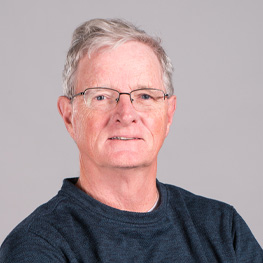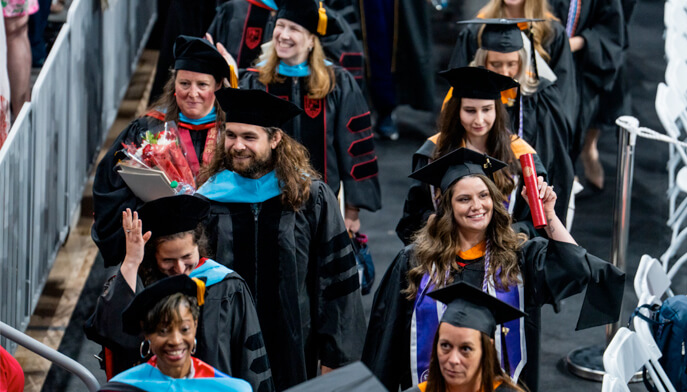EdD
Educational Leadership
Format & Location
Online, Low Residency
School/College
School of Education & Human Development
Start Dates
Fall (September)
Application Deadline
Rolling Admission
Completion
36 months
Schedule
Part-Time
Attend a Virtual Information Session
Check for Upcoming Dates
Fairfield University's Doctorate in Education (EdD) in Educational Leadership is a three-year online, low-residency program with a focus on educational leadership. Students can choose between two tracks: the Teacher Leader track or the Higher Education Administration track.
Find Out More
Course Requirements
EdD in Educational Leadership
54 credits
Contact Us
Graduate Admission
gradadmis@fairfield.edu
(203) 254-4184
Request Program Info
Want details on courses, schedules, and financial aid? We're here to help.
Loading...




